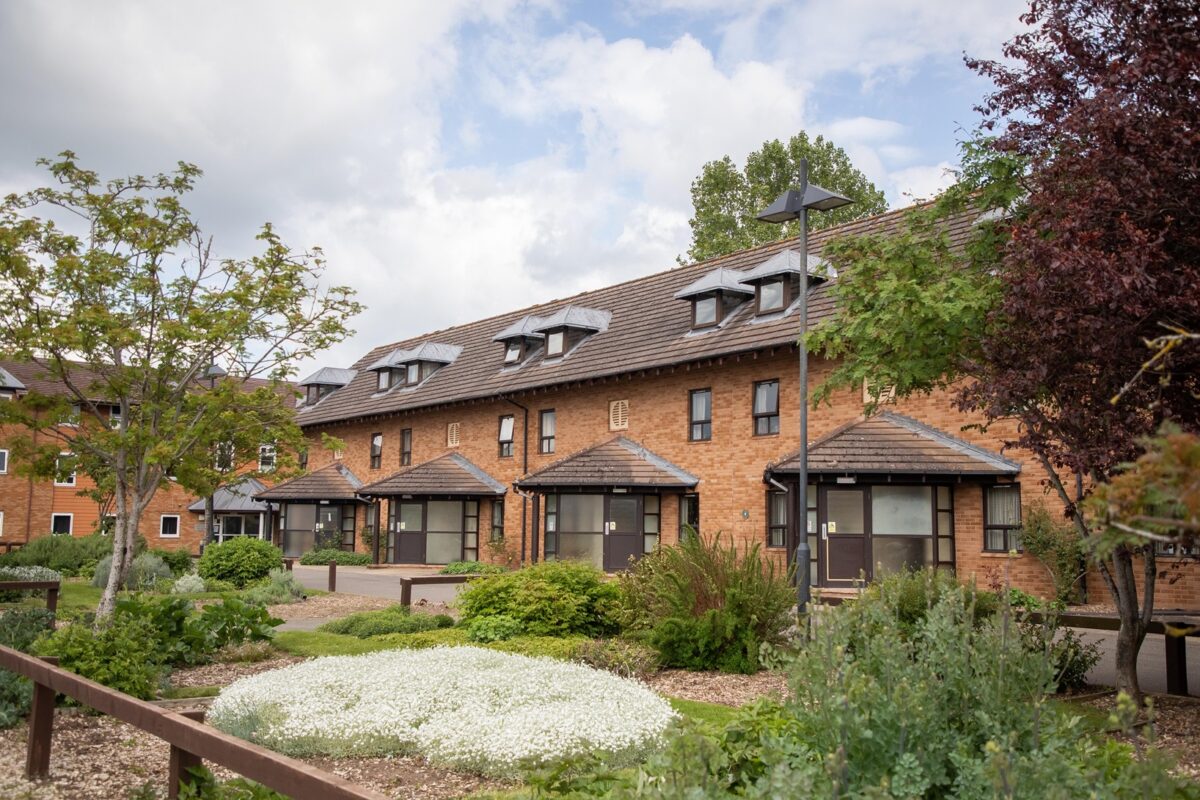University of Kent launches unique initiative to help tackle student mental health

A recent Transforming Access and Student Outcomes in Higher Education (TASO) report showed a marked rise in the proportion of UK undergraduates reporting mental health difficulties over the last few years, rising from 6% in 2016/17, to around 16% today – almost tripling. Ahead of University Mental Health Day (14 March) the University of Kent is proud to launch a first-of-its-kind student-led initiative to support mental health at the University.
The Wellbeing Student Advisory Board (WSAB) is a unique collaborative initiative between Kent Union and the University of Kent that aims to improve our approach to student wellbeing and ensure our work is impactful and accessible to all students. It involves discussing current and future plans and suggestions are made based on the board’s shared expertise and experiences from mental health, safety initiatives, the cost-of-living crisis and a sense of community and belonging.
The board consists of 20 enthusiastic students from a diverse range of courses, years of study, and backgrounds who are passionate about shaping student wellbeing at Kent. Importantly, our WSAB members receive payment for their active involvement in the meetings, which is important when students are providing valuable input on how to enhance student wellbeing at Kent and acting as expert ‘consultants’ on the student experience.
Tom Freeston, Vice-President of Welfare and Community at Kent Union says:
“The WSAB at the University of Kent is a trailblazer in authentically involving student voice in the co-creation of wellbeing initiatives at the university. It demonstrates our commitment to understanding the unique lived experiences, needs, and perspectives of the student body. Co-creation is a win-win. Students gain a sense of empowerment and agency, which is crucial to their mental wellbeing, while the University and Student Union get further insight from their students, paving the way for more targeted and relevant mental health interventions, campaigns and support. This sort of initiative is the way forward in helping shape student experience and we look forward to seeing it bring about change at Kent as well as inspiring other institutions to adopt the same approach.”
Ryan Wong, one of the Kent students who sit’s on the board explains why he became involved in the project and what he hopes it will achieve:
“This board is crucial because it provides a platform for collaborative decision-making and strategic planning to enhance student wellbeing. I got involved in this project because I am passionate about student welfare and believe in the power of collaboration to drive positive change. Through this work, I hope to enhance the accessibility and effectiveness of support services, reduce stigma surrounding mental health, and foster a campus culture where students feel supported and empowered to seek help when needed.”
The University of Kent is also using green therapy to support students’ mental health. The Kent Community Oasis Garden is an initiative by the University of Kent and East Kent Mind, a mental health charity. Its founding principles are sustainability, well-being, respect for biodiversity, and community learning. Not only is it a natural space, but it’s also a social space, where students get to meet and connect with people while they garden.
Charlie Vincent and Ameira Raveendran are Kent Community Oasis Garden Ambassadors. They’re both final-year students at Kent who have found the garden to be a place of joy and community. Charlie explains:
“Being at the garden has an amazing benefit to your mental health. Interacting with nature has a proven impact on your well-being. Socialising through activities also lessens anxieties and helps connect with people more easily.”
Ameira adds:
“As a student, uni life can feel limited to classes and student parties, but the garden is an opportunity to interact with students and the wider community in a natural space and being able to see the tangible difference you are making to the space around you.”












Responses